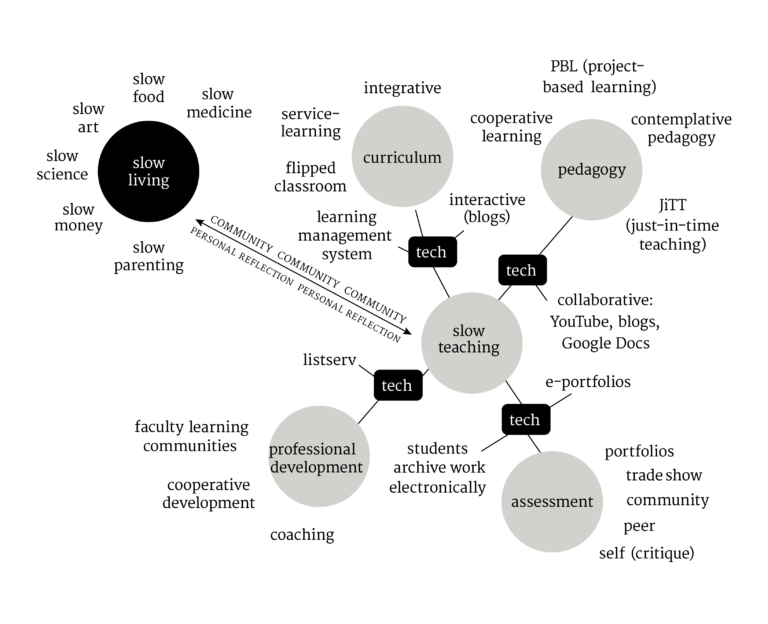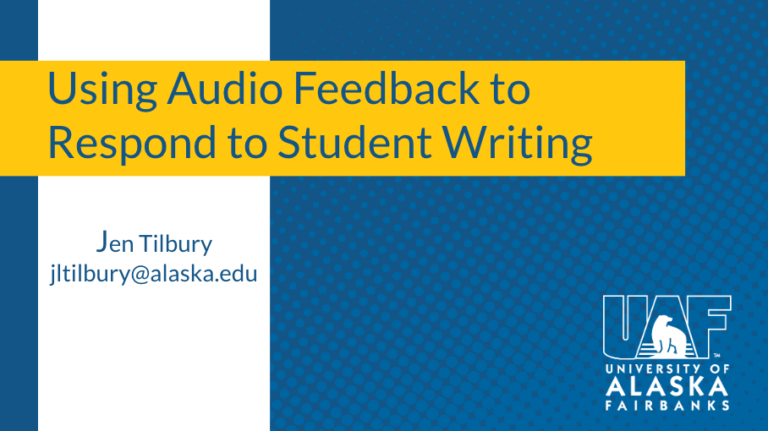
In this Teaching Tip we will explore the transformative potential of Problem-Based Learning (PBL), an approach that flips traditional teaching on its head by starting with real-world, ill-structured problems before mastering the basics. From its origins in medical education to its versatility across disciplines and modalities, PBL empowers students to take ownership of their learning. Beyond the development of critical thinking skills, students will also practice empathy, collaboration, and self-reflection through problem solving activities. Drawing from personal experiences, historical insights, and practical strategies, this article provides a roadmap for incorporating PBL into your courses. Whether you’re curious about small, actionable steps or seeking to reimagine an entire course, this Teaching Tip will help you think about your courses through the context of problem solving and critical thinking.

Slowing down the teaching and learning process can be a challenging endeavor amongst the business of modern academic life. Slow pedagogy is a teaching movement that offers a lens and practices for reducing the pace and pressure of education. Slow pedagogy suggests that taking one’s time can offer opportunities for deeper learning and connections.

This session was held 2 November, 2023. Join colleagues from across the university to share best practices for giving students feedback that fulfills RSI (regular and substantive interaction) requirements for UAF courses. We will hear from 4 faculty and 2 students about how they understand and approach feedback in their courses, and consider tensions that form our feedback practices, including the need to be efficient in responding to student work and the drive to connect with students through discussion of their work.

Heidi Olson managed paper-based correspondence courses in the ’80s, supported UAF’s first online offerings in the late ’90s, and has handled thousands of online courses since. She retired last week. Read her reflections on these changes over time and advice on giving students the best possible learning experience.

Give everyone a break from the stress of traditional finals and infuse a new sense of purpose in your final assessment with these suggestions for alternative final assessments.

We learn better when we are involved in constructing our own knowledge. Some of us know this from experience — it’s why we do research, why we collaborate, why we ask our kids questions when we read to them. But…
Asynchronous online and face-to-face are the most familiar modes of course delivery but you may want to consider a hybrid delivery model to meet student or program needs.

Though I've long practiced the technique of Object-Based Teaching (OBT) in face-to-face and online classrooms alike, I'd never really looked into the scholarship behind it until recently. I'd also not really considered the pedagogical principles behind it, nor whether my pedagogy needed any scrutiny and modification. It turns out that there were some aspects of my practice I needed to modify.
This teaching tip touches upon alternatives to proctored exams and alignment between learning objectives and assessments.
Today’s teachers face a critical challenge deciding when and how to make use of technology in their classroom, whether they are supplementing a classroom experience or leading a flipped, hybrid, or fully online course. UAF CTL’s team of instructional designers exists to help with this (https://ctl.uaf.edu/events/), but each of us is always our own design staff.
Getting the busy student to prepare for class prior to trying to do course work is difficult at best. This tip delves into this problem and provides a few recommendations for faculty to try. Should you feel your students need this type of encouragement, look to a model that places content right at hand to how most students tend to approach learning and participating in a course.
Our purpose as instructors is to facilitate new student understandings. But, what are understandings? Are there different kinds? It seems they can be simple, such as remembering the elements of the periodic table, or extremely complex, such as discovering new knowledge about oneself and one’s relationship with the world.







